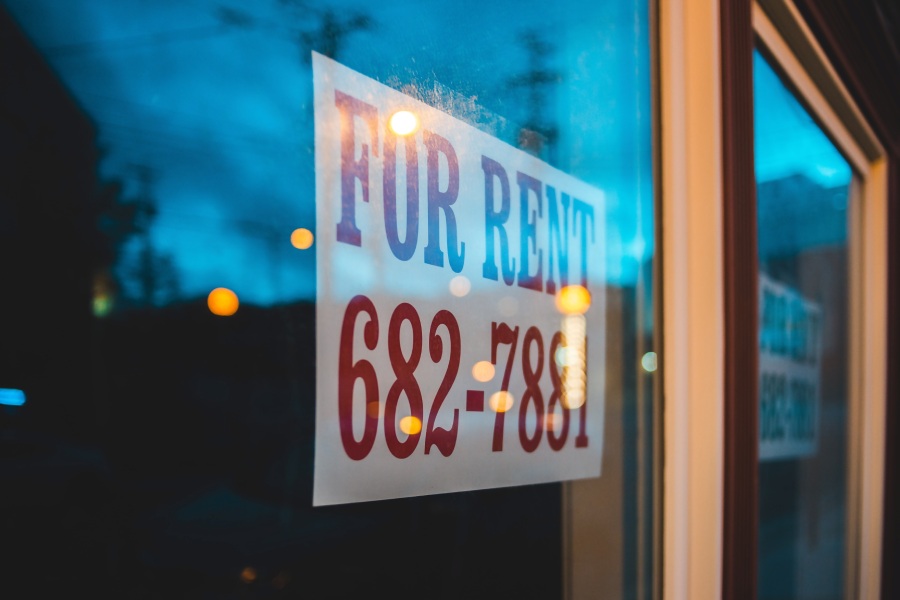
There are many reasons to buy a rental property. You might want to earn some additional revenue, build up your portfolio for retirement, or want to learn how the real estate game works. Whatever your reason is, understanding the ins and outs of buying a rental property is important. From figuring out what an investment property will cost you to managing it, many factors come into play when you buy a rental property. This article will outline all the necessary steps to make sure you’re prepared before you buy
The Costs of Buying a Rental Property
When you buy a rental property, there are a lot of upfront costs to take into consideration. Depending on the kind of property you’re evaluating at, you could spend anywhere from $5,000 to $20,000 (or more) for acquiring and preparing the property before it can be rented out.
Location and Neighborhood Matters
When buying a rental property, the location and neighborhood are two of the most important factors. What type of property do you want to invest in? How much money are you looking to spend?
One thing to consider is if the property is close to places like schools, local shops, or public transportation. It’s important for both you and your renters because it can make their commute easier.
Find the Right Property
Before you buy a rental property, you need to find the right property that will produce a good return on your investment. The best way to do this is to take a look at comparable properties in the area and estimate what they would rent for monthly. In many cases, you could also consider an annual lease option.
You should also make sure that the property is desirable and has room for improvement. With some basic renovations, the property could be worth more than it is now – meaning that your investment could grow. This doesn’t mean that all of your money needs to go into the home’s physical appearance, but having an understanding of what can be done to improve it will help you decide how much of a down payment you’ll want to put up for this property. You should also take care of any maintenance issues as soon as possible, so they don’t become more costly down the line.
Managing Your Investment Property
Once you’re the proud owner of a rental property, the next step is to manage it. This includes getting tenants and keeping an eye on them. If you own the property free and clear, good luck! However, managing your tenants becomes more important if you have a mortgage on your investment property. Any damage sustained to the rental by tenants can lead to trouble for you in the long term.
The first step to managing your tenant is making sure they can afford rent. This means checking their credit score to see what type of interest rate their bank offers so that you can offer them a lease at least one percent higher than what they’re paying now. If the person doesn’t have good credit, start by asking for at least three months’ rent upfront in order to cover any unexpected expenses that might come up during their stay in your residential property.
The next step is ensuring the possible tenants can cover all or most of the security deposit upfront or negotiating with them to pay some of it monthly. Security deposits are typically one month’s rent plus an additional amount based on how much risk you want to take on-which will depend on your budget and how much cash flow you need each month.
The Benefits and Drawbacks of Purchasing Rental Property
Owning a rental property can be a rewarding experience. If you are looking for passive income, this is the way to go. You’ll have your rent come in every month without really having to do anything other than ensure the property is suitable for the tenants. On the other hand, managing it can be difficult if you own a property and don’t live near it. You may not be able to visit it often, and you won’t know if there’s an issue with the property until someone tells you (or something breaks).
One of the benefits of owning a rental property is that they’re relatively inexpensive. They don’t cost as much as purchasing a large home or office building that would need much more upkeep and have higher maintenance costs. If something breaks down, your tenants will notify you so that you can have it fixed.
In Conclusion
Buying a rental property may seem complicated, but it doesn’t have to be. The key is to do your research, find the right property in the right location, and manage your property well, making sure your rental income exceeds your monthly expenses.
https://www.thedamrongroup.com/the-ins-outs-of-buying-a-rental-property/?utm_source=rss&utm_medium=rss&utm_campaign=the-ins-outs-of-buying-a-rental-property
No comments:
Post a Comment